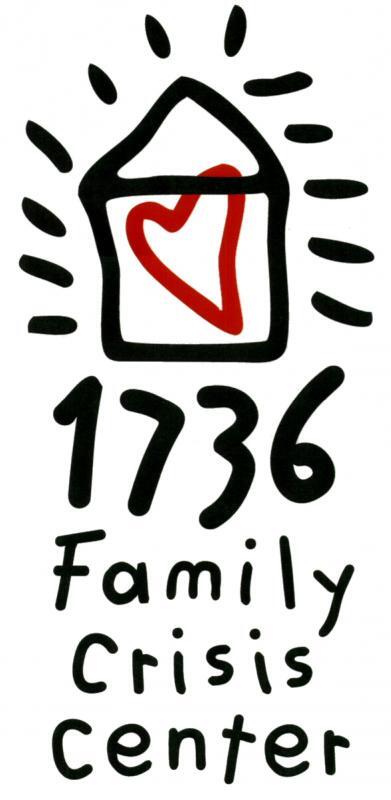Mission
To comprehensively help children, women, men, and families through crises, including domestic violence, sexual assault homelessness, joblessness, poverty, human trafficking, suicide ideation and attempts, addiction, post-traumatic stress, and emotional and life-survival challenges, thereby improving their prospects for long-term housing, psychological wellness, financial stability, and success.
Causes
Family Services , Human Services
Programs
Domestic Violence Shelters - the center operates four confidentially-located shelters offering 128 beds for domestic violence survivors and their children (boys and girls ages birth through 17). The shelters offer a highly effective blend of emergency and transitional stage care to domestic violence survivors in imminent crisis, many fleeing desperate and volatile homes or dangers from life on the streets, and also to those who are further along in their recovery and path to independence. Program activities are designed to help survivors overcome the devastating effects of domestic violence and other difficulties that impair personal and family functioning in order to achieve self-sufficiency. Comprehensive services for adult shelter clients include case management, professional and peer group counseling, legal assistance, life skills training, parenting education and role-modeling, job development and placement, financial empowerment, 24-hour advocacy and protection, and referrals for medical care, substance abuse rehabilitation, specialty services of all kinds, and permanent housing. Children in the shelters receive school enrollment/re-enrollment services, age-appropriate counseling and therapy, therapeutic free play, recreational activities, tutoring, and art/movement/journaling and other creative therapies to enhance their healthy social and emotional development and to facilitate recovery from severe traumas they have witnessed and experienced. The center recognizes that violence statistically escalates during pregnancy and accordingly welcomes pregnant women into the shelters, makes accommodations, and celebrates the birth of many newborns who otherwise would have been born into violent homes. The center's unique intake policies allow for the sheltering of survivors' adolescent children whether male or female (both supervisors and front-line workers specialize in teen development and behavior, allowing the center to house older teenage boys, who, by policy, are often excluded from other domestic violence shelters nationwide). Graduates of the shelters often participate in the center's aftercare program to ensure continued progress and also may volunteer at the center to support other participants in the center's prevention and treatment programs. Runaway and Homeless Youth Shelter - the center's emergency youth shelter is a six-bed state licensed shelter that offers comprehensive services to runaway, homeless, abandoned, and throwaway girls and boys ages 10 through 17. Los Angeles county has only five licensed, non-DCFS restricted emergency shelters for minors, providing 59 beds altogether, despite increasing youth homelessness in the region and the rapidly rising and highly profitable trafficking of girls and boys who are swept up, on average, within 48 hours of running away from or being kicked out of their homes. The children who become the shelter's clients are often victims of severe parental neglect, sexual and physical abuse, emotional abuse, and abandonment. Many come from homes impacted by domestic violence between parents. Some live under bridges and freeways and prostitute for food and survival, even in the preteen age range, while others are rescued from sex trafficking. The program provides shelter, food, clothing and comprehensive supportive services to help youth address immediate, survival needs, overcome intense personal challenges, such as suicidal ideation, violence-related trauma, and forced prostitution, and obtain stable, longer-term housing. Shelter staff work with youth (and their families, when possible) to develop the skills and networks of support that will lead each child on a path toward safety and stability, and toward good life choices. The program has been successfully operating and serving the community since 1972, giving these children a safe and structured haven in which they learn about healthy alternative behaviors and build their self-esteem. Graduates of the shelter oft
Demographics
Areas
